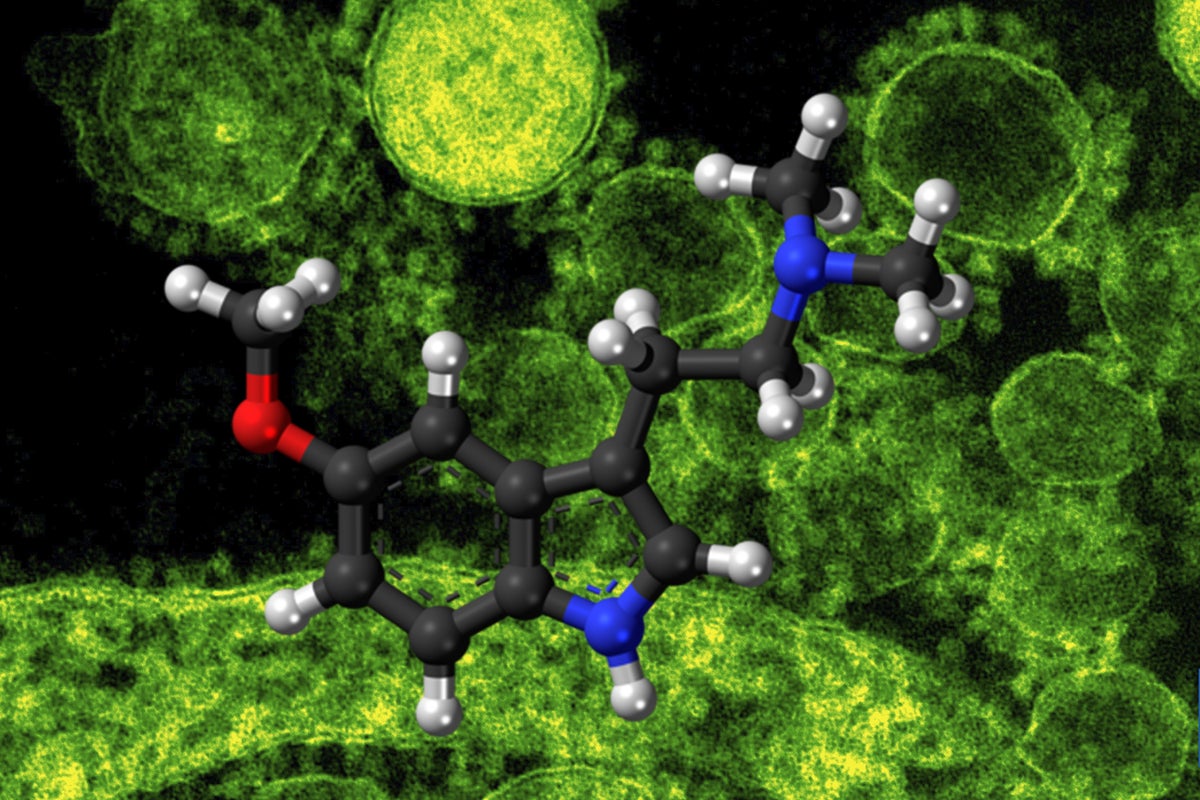The University College London (UCL) is conducting a new research project called “Understanding Neuroplasticity Induced by Tryptamines (UNITy)” aimed at assessing brain changes and neuroplasticity induced by these kinds of psychedelic compounds.
In the context of this brain-imaging study, psychedelics company Small Pharma Inc. DMTTF will provide its proprietary intravenous (IV) formulation of DMT, SPL026, to be used by the UCL’s department of psychology and language science. The goal is to provide an understanding of the effects of DMT in brain function, behavior and well-being.
The UNITy Project will use functional Magnetic Resonance Imaging (fMRI) to image the brain before, during and after a DMT or placebo infusion. Follow-ups with study participants will be done for up to nine months.
UCL associate professor Ravi Das praised Small Pharma, and said there is an “urgent need for new, effective and lasting mental health treatments.”
While previous clinical research into psychedelics has been promising “there is a lack of mechanism-focused, well-controlled research into how, why and in whom these drugs work,” he explained. UCL expects the present project will take “major steps forward” in progressing the understanding of how DMT affects the brain and behavior.
Small Pharma CMO and CSO Carol Routledge added: “Driving forward scientific research and excellence is really important to Small Pharma, so we are delighted to support UCL on this large-scale neuroimaging study.”
The company hopes the findings will provide an increased understanding of the mechanistic effects of DMT in the brain as well as which patient populations could benefit most from DMT-based therapies.
Photo courtesy of CDC on Pexels and Jynto on Wikimedia Commons.
Image and article originally from www.benzinga.com. Read the original article here.

